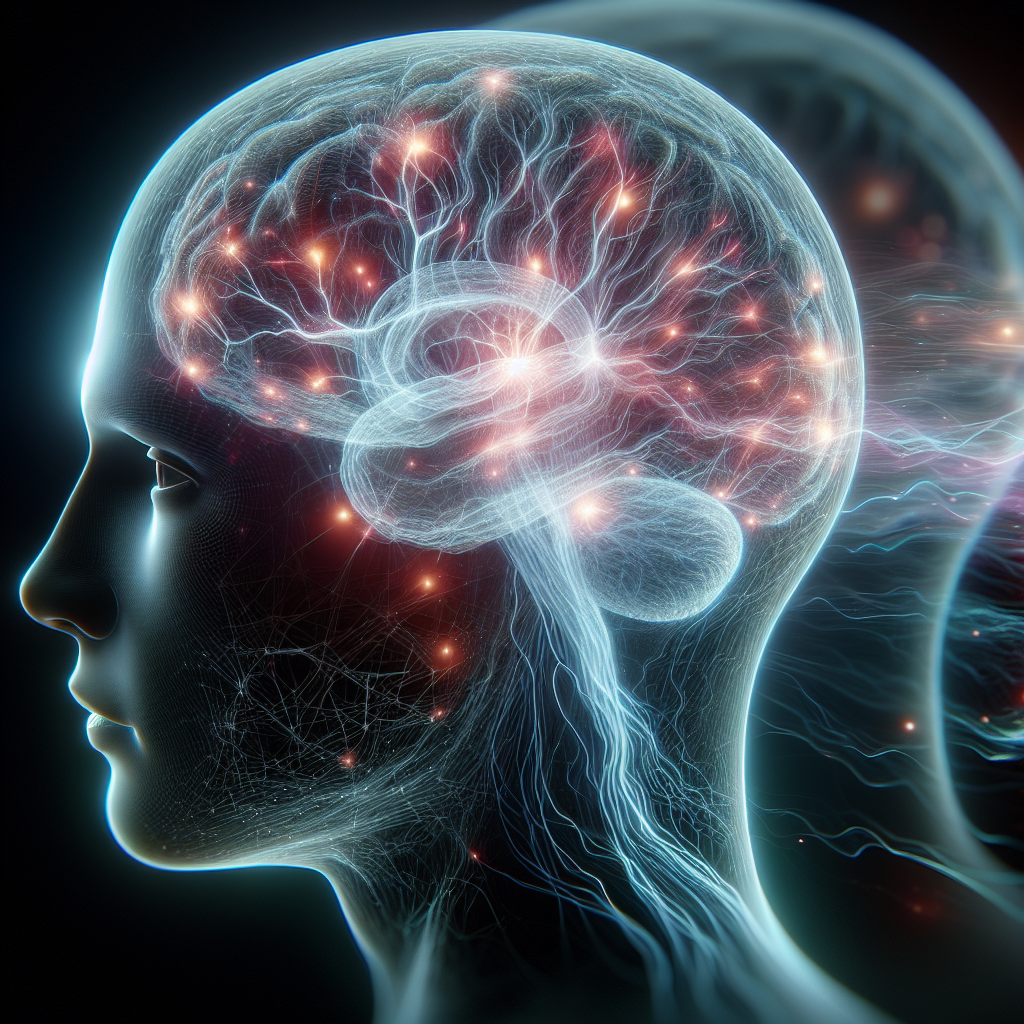How Your Subconscious Mind Rules Your Behavior: Impact, Development, and Daily Reality
Whether you’re aiming for better habits, improved relationships, or greater self-awareness, the question how your subconscious mind rules your behavior? is central to personal growth and mental wellness. In this SEO-optimized post, we’ll demystify the subconscious, explain its influence, and answer the most searched related queries on how it creates reality, develops, and becomes most receptive.
How Your Subconscious Mind Rules Your Behavior
Your subconscious mind is a vast reservoir of beliefs, memories, automatic responses, habits, emotional associations, and learned patterns. Unlike the conscious mind, which you’re aware of, the subconscious operates beneath your awareness—driving up to 95% of your daily decisions and reactions. It rules behavior by storing past experiences and emotional responses, so you take action (or avoid action) with little active thought.
- Automatic Habits: From your driving reflexes to brushing teeth, the subconscious makes actions effortless by running scripts.
- Emotional Reactions: Triggers such as anxiety, anger, or joy are instantly activated based on deep-seated subconscious associations.
- Filtering Reality: Your subconscious mind constantly filters what you notice and prioritize (think: confirmation bias, attention to threats, etc.).
- Self-Sabotage or Success: Limiting beliefs encoded in the subconscious can hold you back (“I’m not good enough”); positive, empowering beliefs can speed you toward your goals.
How Subconscious Mind Creates Reality
Your subconscious mind creates reality by shaping your perception, decisions, and ultimately, your outcomes. Here’s how:
- It influences your expectations and “filters” which opportunities you notice or ignore (reticular activating system).
- It controls automatic responses in relationships or at work—how you react to criticism, praise, or new challenges.
- It’s central to the “law of attraction” philosophy: repeated beliefs (positive or negative) echo back as real-world results.
While your conscious mind sets intentions (“I will practice gratitude”), your subconscious enacts them—making daily behaviors habitual until your environment and results reflect those inner patterns.
When Does the Subconscious Mind Develop?
The subconscious mind begins developing in utero—absorbing sounds, feelings, and rhythms. The most formative years are from birth to age seven, when the brain operates in theta and delta wave states (high suggestibility). During this period, children absorb beliefs, language, and core values mostly via subconscious imprinting from parents, teachers, media, and cultural cues. This early programming forms the foundation of adult behavior.
When Is the Subconscious Mind More Powerful?
Your subconscious is most powerful during automatic or emotional responses, moments of stress, and while engaging in repetitive routines. Its influence is also heightened:
- During childhood (high brainwave suggestibility)
- In peak emotional states (trauma leaves lasting subconscious imprints)
- When you’re tired or distracted and not consciously analyzing choices
This is why people repeat unhelpful habits under stress, and why positive subconscious reprogramming (through repetition, visualization, or hypnosis) works best in relaxed, suggestible states.
When Is the Subconscious Mind Most Receptive?
Your subconscious mind is most receptive just after waking up and just before falling asleep. These “twilight” moments—called the hypnagogic and hypnopompic states—occur when your brain shifts from beta (alert) waves to alpha and theta (deep relaxation). Meditation, hypnosis, and positive affirmations practiced at these times are especially effective for reprogramming core beliefs and establishing new habits.
How Subconscious Mind Affects Behavior: Examples
- Social Situations: If the subconscious links public speaking with fear (from childhood embarrassment), you might avoid promotions that require presentations—even when you consciously want them.
- Health & Fitness: Subconscious beliefs (“I hate exercise” or “I’m not athletic”) can undermine attempts at lasting change. Conversely, positive scripts (“Moving feels good”) drive regular healthy habits.
- Money Mindset: Deep-rooted narratives about scarcity or abundance filter your financial decisions and work ethic.
Table: Subconscious Mind Influence and Development Timeline
| Stage | Focus | Brain State | Notable Influence |
|---|---|---|---|
| In Utero–Age 7 | Absorbing beliefs/values | Theta/Delta | Core emotional programming |
| 7–21 | Expanding knowledge, reinforcement | Alpha/Beta | Identity, social influences |
| Adulthood | Automatic habits/routines | All states | Repeats or changes core beliefs |
| Sleep/Waking | Mental reprogramming | Alpha/Theta | Peak suggestibility |
Frequently Asked Questions About the Subconscious Mind
- How your subconscious mind rules your behavior?
By guiding automatic responses, filtering perception, storing beliefs, and running habitual scripts—often outside your conscious awareness. - How subconscious mind creates reality?
Through repeated beliefs and habits that become self-fulfilling and shape daily experience. - When does the subconscious mind develop?
Begins before birth and is most impressionable through early childhood (up to age seven). - When is the subconscious mind more powerful?
During stress, habit, and peak emotion, and when conscious focus is low. - When is the subconscious mind most receptive?
Just after waking and before sleep—in alpha/theta brainwave states. - How subconscious mind affects behavior?
It impacts everything from confidence and relationships to money habits and health choices—often acting as your “autopilot.”
Conclusion: Leverage Your Subconscious for Change
Answering how your subconscious mind rules your behavior reveals the hidden force shaping every thought and action. By understanding, nurturing, and retraining your subconscious through intention and repetition, you can break negative cycles and build the life you consciously desire.





